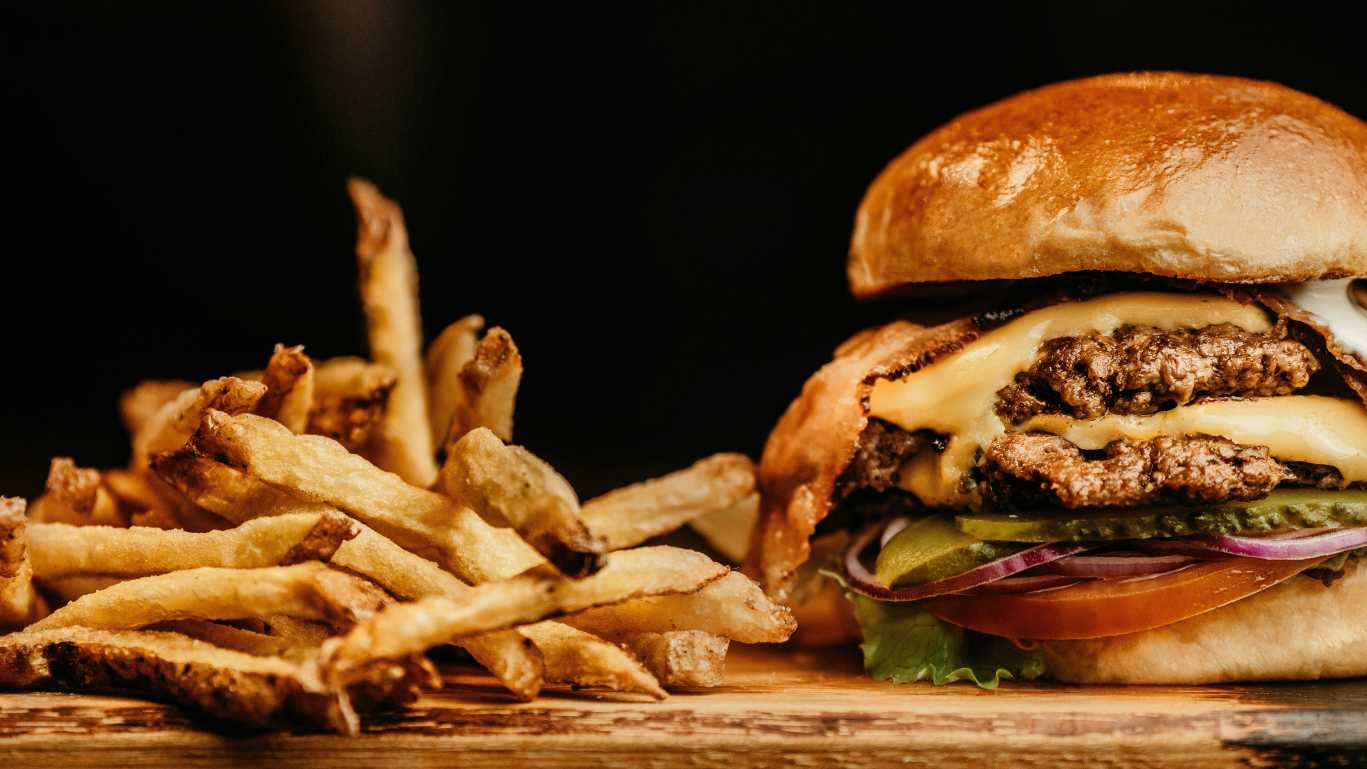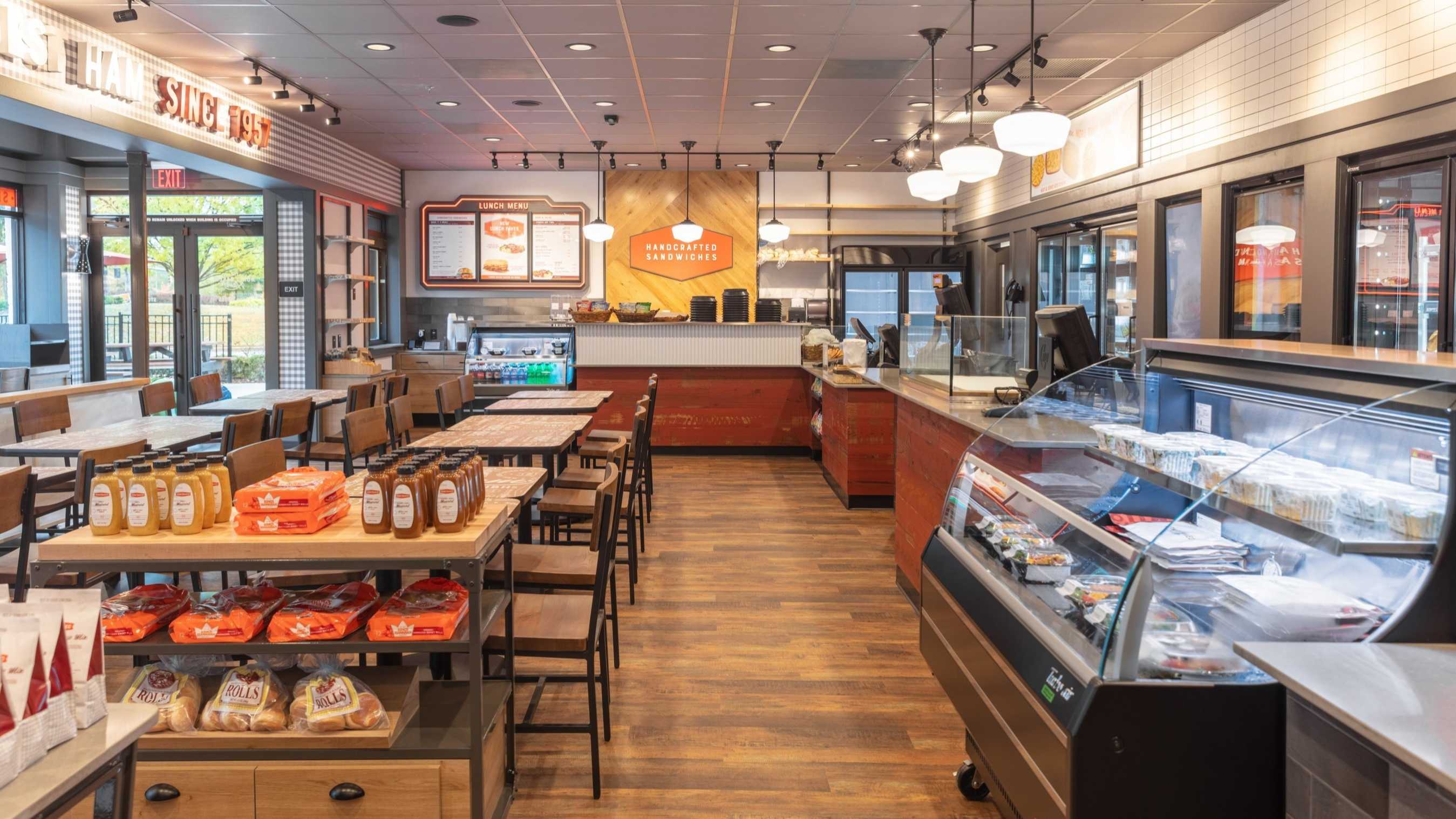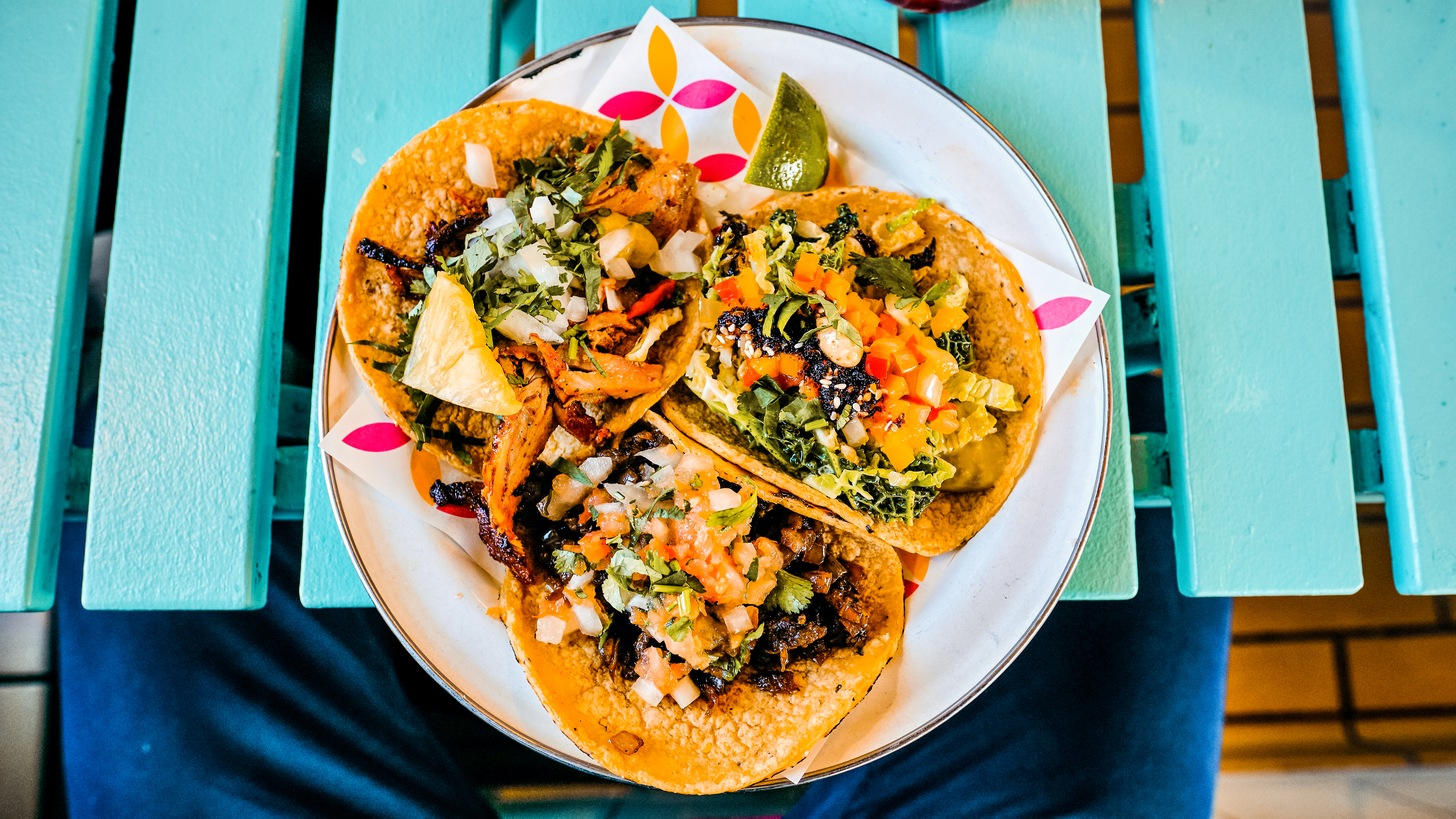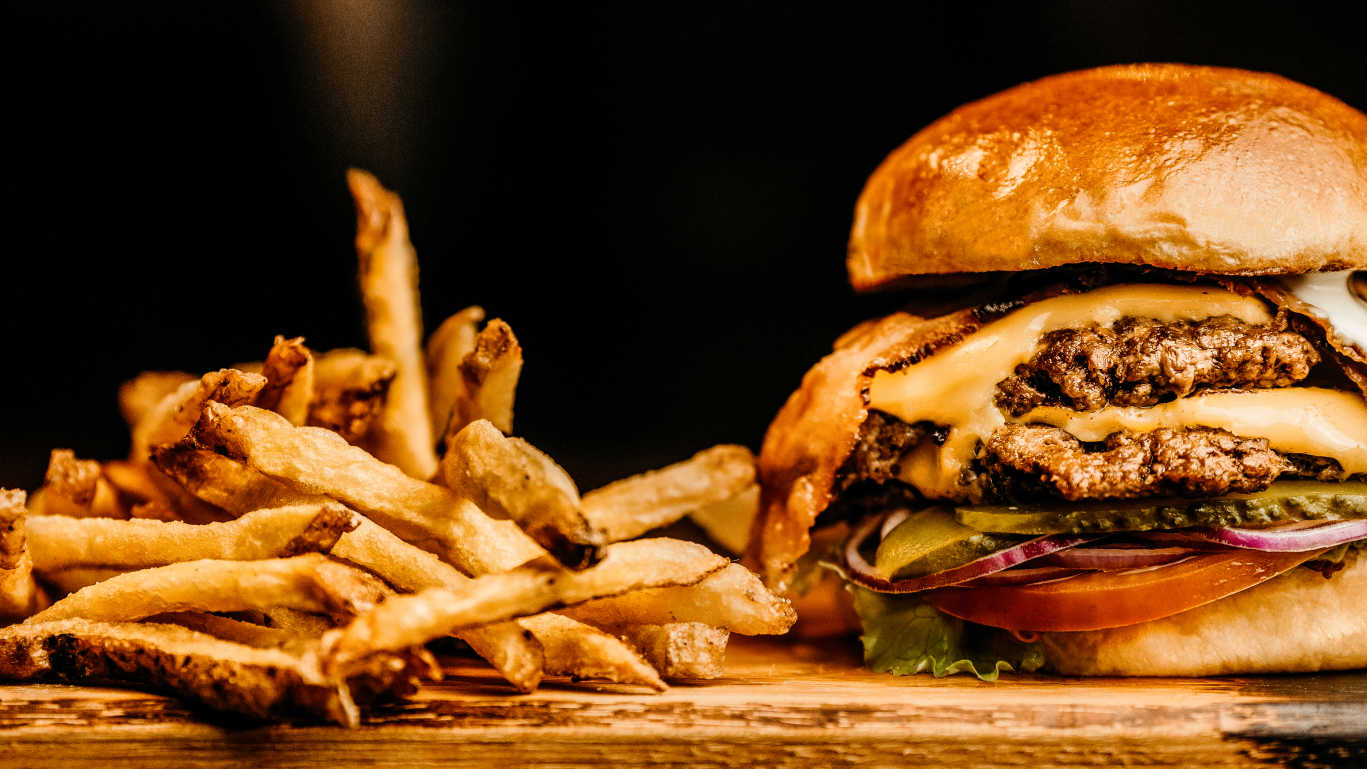The Unique Staffing Needs of Quick Service and Full-Service Restaurants

In the realm of dining experiences, restaurants come in various shapes and sizes, each catering to different preferences and needs. Two prominent categories within this spectrum are Quick Service Restaurants (QSRs) and Full-Service Restaurants (FSRs). While both offer food services, they operate with distinct approaches, staffing requirements, and skill sets. Let's delve into the nuances that set them apart and explore the roles pivotal to their operations.
Understanding Quick Service Restaurants (QSRs)
Quick Service Restaurants, as the name suggests, prioritize speed and convenience. Examples of QSRs include popular chains like McDonald's, Subway, and Chick-fil-A. These establishments typically offer fast-paced service, often featuring self-service options, drive-thrus, and limited menu choices.
Operations in QSRs are streamlined for efficiency. Staff members are trained to swiftly handle customer orders, maintain cleanliness, and ensure prompt service. Key roles in QSRs include Line Cooks, responsible for preparing menu items with precision and speed, and Front of House (FOH) Support staff, who manage customer orders, payments, and dining areas.
Understanding Full-Service Restaurants (FSRs)
Full-Service Restaurants, on the other hand, provide a more immersive dining experience, emphasizing table service, extensive menus, and ambiance. Examples range from casual dining chains like Olive Garden to upscale fine dining establishments.
In FSRs, the operational dynamics are more intricate. Alongside Line Cooks, who prepare meals according to the menu, roles such as Prep Cooks, Dishwashers, and Server Assistants play pivotal roles. Prep Cooks handle ingredient preparation and kitchen organization, Dishwashers ensure cleanliness and sanitation of dishes and utensils, while Server Assistants support waitstaff by assisting with table setup, clearing, and ensuring a smooth dining experience.
Skill Sets and Differences in Line Cook Roles
Line Cooks serve as the backbone of both QSRs and FSRs, but the required skill sets can vary significantly. In a corporate QSR like Chick-fil-A, Line Cooks must excel in consistency, efficiency, and adherence to standardized recipes. They are trained to work in high-volume environments, focusing on speed and accuracy to meet customer demand.
Contrastingly, Line Cooks in local fine dining FSRs require a broader culinary skill set. Beyond speed, they emphasize creativity, attention to detail, and the ability to execute complex recipes with finesse. These cooks often work in smaller, more intimate kitchen settings, where precision and presentation are paramount.
Staffing Needs and Employer Expectations
In both QSRs and FSRs, employers seek dedicated individuals who can thrive in fast-paced environments. For part-time or full-time positions, such as Line Cooks and FOH Support or Server Assistants, key attributes include:
Strong work ethic: Willingness to work efficiently and collaboratively, often under pressure.
Adaptability: Ability to multitask and handle varying responsibilities as per operational demands.
Customer focus: Dedication to providing exceptional service and ensuring customer satisfaction.
Attention to detail: Commitment to maintaining cleanliness, adhering to food safety standards, and upholding quality standards.
While QSRs may prioritize speed and consistency, FSRs place additional emphasis on hospitality, presentation, and culinary finesse. However, both environments offer rewarding opportunities for individuals passionate about the food service industry.
In summary, Quick Service and Full-Service Restaurants offer distinct dining experiences, each with its unique operational dynamics and staffing requirements. Understanding these differences is crucial for both employers seeking to build efficient teams and individuals navigating their career paths within the food service industry. Whether it's the fast-paced world of QSRs or the refined ambiance of FSRs, the demand for skilled professionals remains constant, driven by a shared commitment to excellence in hospitality and culinary arts.


